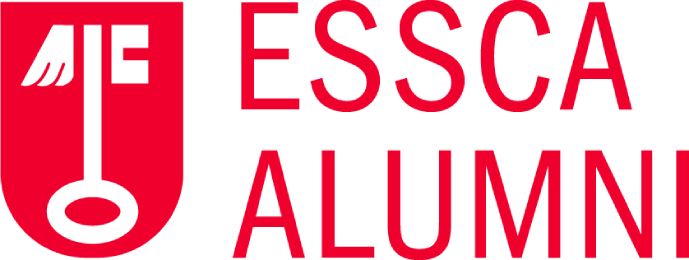Budapest
Keen to build on this success, and making the most of the contacts made on this occasion, the tandem of Managing Director Jean BEUCHER (1990/94) and Chairman of the Board Joël BLANDIN (1990/97), decided to push this advantage further.They set their sights on Hungary, which had been engaged in economic liberalization and corporate autonomy reforms since 1968, making it an exception among Warsaw Pact members and, in many respects, a harbinger of things to come. In this sense, Hungary objectively constituted the best point of support for our influence in Central and Eastern Europe.
After discussions with the Hungarian authorities, they set up a foundation under Hungarian law, ESSCA-Hungary, and in 1993 opened the first three-year Franco-Hungarian business school, ESIAME-BUDAPEST.
Joël BLANDIN, President of ESSCA, comments: " This move was certainly daring for its time. ESSCA, always attentive to the needs of companies, was able to provide them with an answer when Central Europe opened up. It created a three-year school for young Hungarians. This management program prepared them for the world of business, and gave them the opportunity to do internships and spend time abroad - new experiences for students in these countries, which were in the throes of transformation after the fall of the Berlin Wall. "
Jean-Pierre BERNHEIM (1997/2002), who was called in to develop the project, adds: " In Budapest, we perfected a model for developing ESSCA abroad that works well, by relying on a good partner in the country, and by creating a local team that works closely with the team in Anjou. We've managed to set up "ESSCA programs" in a remote location, but which operate in a different context and enrich both the School's educational offering and its teams, by getting them used to working in an international dimension. It works very well, and we've learned a lot in terms of how it works."
Autumn 2008: fifteen years later, and after an initial move in 2003, the École, which has trained over 1,000 Hungarian students, takes up residence at the prestigious Corvinus University in Budapest. This 650 m2 campus is not only one of the ESSCA Group's four sites, but also completes the School's international network of partner universities.

Inauguration of new premises in Budapest in 2008, in the presence of His Excellency René ROUDAUT, French Ambassador to Hungary, and Madame Agnès HOFFMEISTER, Dean of the Budapest University of Economics.
ESSCA-BUDAPEST now welcomes several types of students as part of its five-year curriculum: French and international students in the ESSCA Master's program, who spend their long-term international experience or internship in Central Europe, as well as exchange students from the School's partner universities around the world. In 2009, there were 47 students, around half of them French. Courses are taught in English.
Zsuzsa DELI-GRAY, Program Director in Budapest, explains: " The three permanent professors and some forty local and foreign lecturers come from both academia and industry, and use a wide variety of teaching methods . They integrate visits to companies into their theoretical courses, taking into account the professional projects of each student, while giving their interventions a regional or international aspect, as the case may be. "
Catherine LEBLANC, Managing Director of the ESSCA Group and President of the ESSCA-Hungary Foundation, sums up the economic results of these fifteen years:"Let's not forget that Budapest, with its two million inhabitants, represents a breeding ground for some 10,000 companies, with multiple ramifications. Thanks to its experience and close-knit network of over 400 graduates and business partners inHungary, ESSCA has built up a wealth of expertise which it makes available to companies through studies and consultancy assignments .These markets offer many opportunities for expansion. At the same time, they will need young executives imbued with this culture. The École anticipates this evolution by training students attracted by careers in Europe. "




